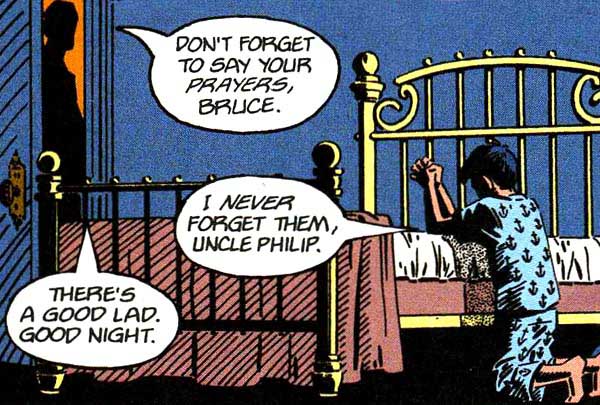Secret Prayers vs. PA (Public Address System)
 “I would like people not to forget this: why is it forbidden to read the secret prayers aloud? Why is it very harmful for the priest and the bishop to start reading the secret prayers aloud. The question why the Holy Fathers forbade reading them aloud must be explained…it is completely unOrthodox and it must be feared.”
“I would like people not to forget this: why is it forbidden to read the secret prayers aloud? Why is it very harmful for the priest and the bishop to start reading the secret prayers aloud. The question why the Holy Fathers forbade reading them aloud must be explained…it is completely unOrthodox and it must be feared.”
“If the secret prayers are read aloud, then we will see renovationism: old grannies and all sorts of youths will know the secret prayers. And there will be blasphemy. And then he who is serving the liturgy and declaiming the secret prayers will forget that is standing before God. He will admire himself, he is emptied. The mystery is performed, of course, but he will go away, darkened in mind, with heaviness.”
“For example, this is what I have seen with Bishop …, who should be avoided. Here he is reading away with his emotions, haughtily declaiming the secret prayers, admiring himself and using his nervous system to influence those around him. And apart from heaviness and emptiness, no-one gets anything out of it. This is why St Seraphim of Sarov never dared to read the secret prayers aloud. He would have robbed himself, wouldn’t he? And this is what they don’t understand…”
— Fr. Sampson (Life of Fr Sampson -’Talks and Teachings of the Elder Hieroschemamonk Sampson’, source: [Orthodox England])